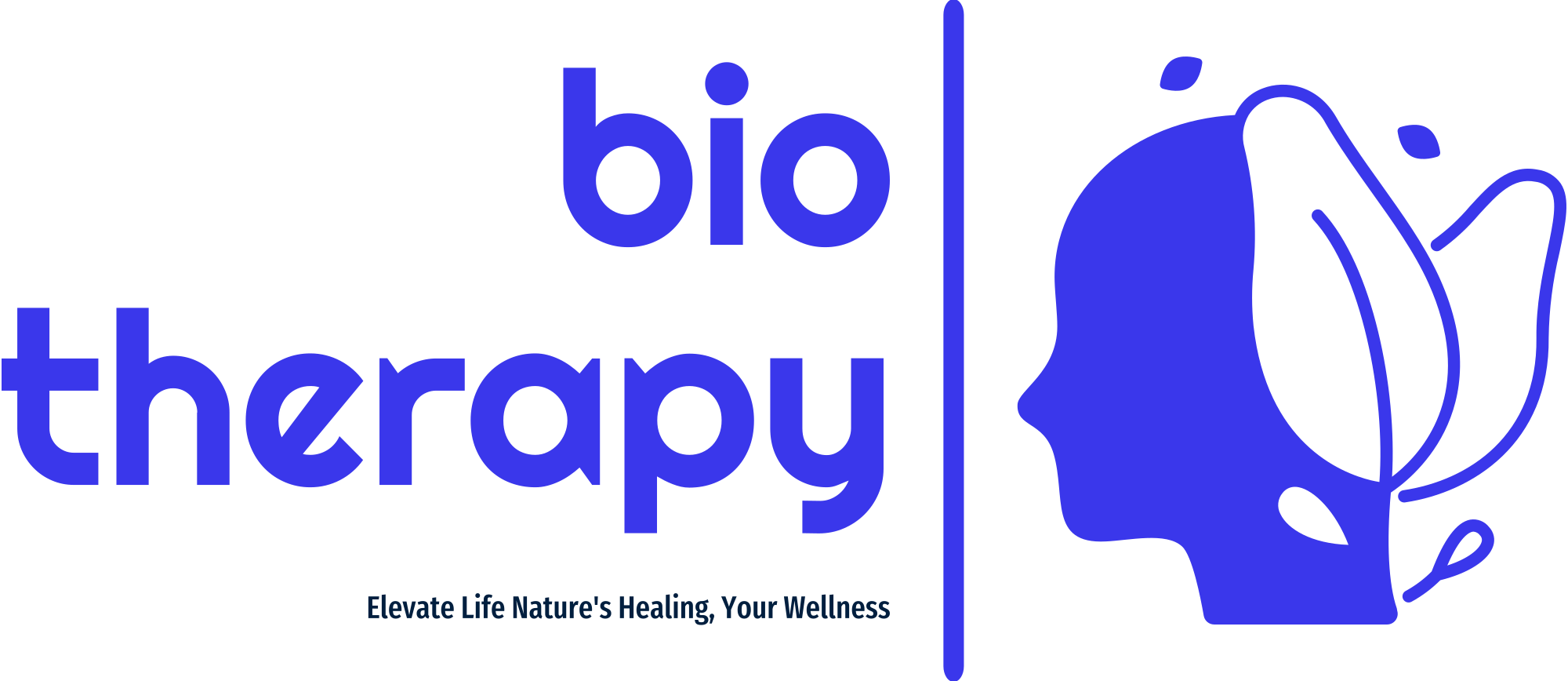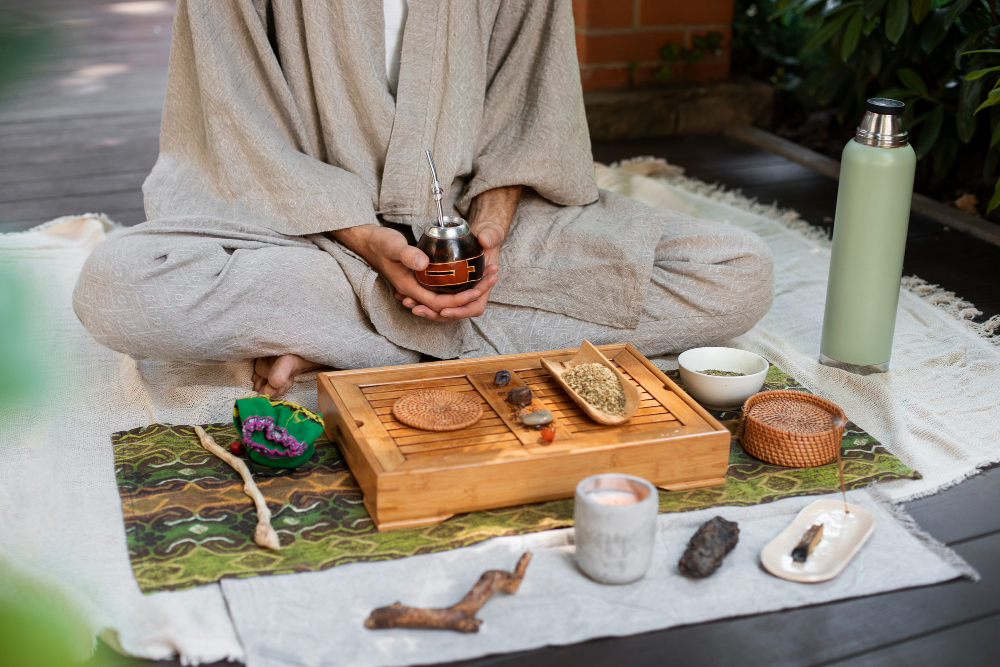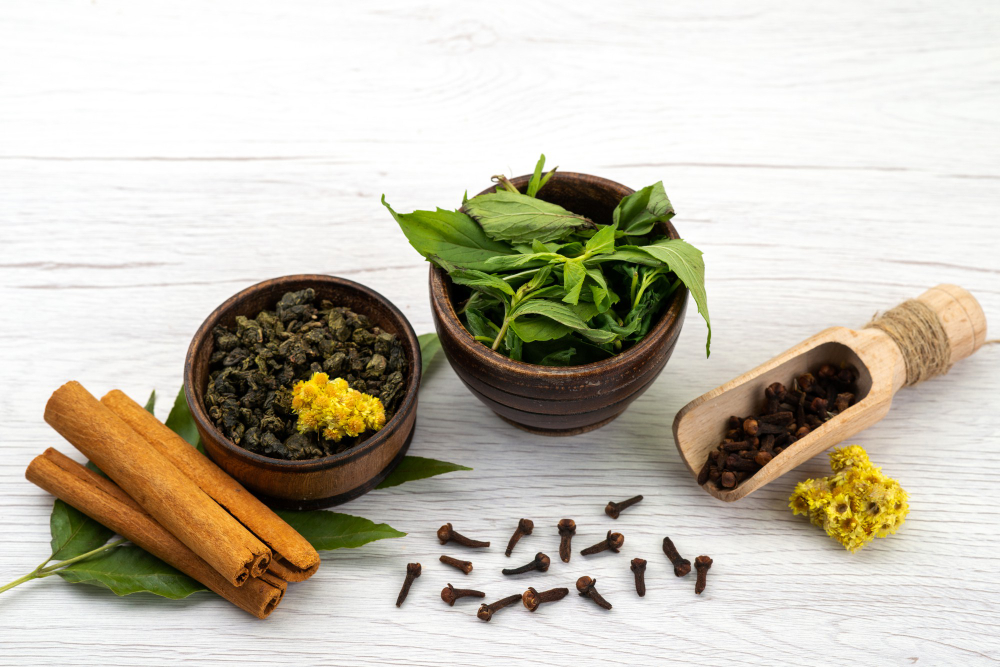
In recent years, the use of herbal and plant extracts has gained immense popularity. People are turning to natural remedies for a wide range of health and wellness issues. But what's the science behind these extracts, and how do they work? This article will delve into the fascinating world of herbal and plant extracts, explaining the scientific basis for their effectiveness and the various applications they find in modern medicine and everyday life.
The Chemistry of Herbal and Plant Extracts
Plant Compounds
Herbal and plant extracts are rich in a variety of chemical compounds. These compounds are responsible for the medicinal and therapeutic properties of plants. Flavonoids, alkaloids, terpenes, and polyphenols are some of the key players. Each compound has unique functions and effects on the human body, and understanding them is essential in harnessing the potential of herbal extracts.
Extraction Methods
The process of extracting these valuable compounds from plants is a science in itself. Different methods like maceration, steam distillation, and solvent extraction are employed. The choice of method depends on the plant material and the specific compounds to be extracted. The art of extraction lies in preserving the integrity of these compounds while eliminating impurities.
Medicinal Applications
Traditional Medicine
Herbal and plant extracts have been a cornerstone of traditional medicine for centuries. Various cultures across the world have used these extracts to treat ailments ranging from colds to chronic conditions. We'll explore some of the most renowned traditional remedies and how modern science is uncovering their efficacy.
Modern Medicine
In recent years, there has been a surge in research regarding the use of herbal extracts in modern medicine. These natural compounds are finding their way into pharmaceuticals, with proven benefits for conditions like pain management, anxiety, and inflammation. The article will delve into some of the groundbreaking research in this field.
The Environmental Impact
Sustainability
The popularity of herbal and plant extracts has raised concerns about their sustainability. We'll discuss the ethical considerations surrounding the cultivation and harvesting of these plants. Additionally, we'll explore eco-friendly practices in the industry that aim to ensure the longevity of these precious resources.
Biodiversity
The use of herbal and plant extracts has the potential to impact biodiversity. We'll examine how responsible practices can help maintain the delicate balance between human needs and environmental preservation.
DIY Herbal Remedies
Home Herbalism
An increasing number of people are exploring the world of home herbalism. We'll provide insights into creating your herbal remedies for common issues like insomnia, stress, and skin conditions. Safety tips and guidelines will also be covered to ensure readers can confidently embark on this journey.
The Future of Herbal and Plant Extracts
Ongoing Research
As science continues to unravel the mysteries of herbal and plant extracts, we'll explore the exciting areas of ongoing research. From discovering new compounds to innovative delivery methods, the future of herbal extracts holds great promise.
Conclusion
The science behind herbal and plant extracts is a captivating journey into the world of natural remedies. Understanding the chemistry, medicinal applications, environmental impact, and the future of these extracts empowers us to make informed choices for our health and well-being. By harnessing the power of nature, we can lead healthier lives while preserving the planet.
Frequently Asked Questions
- Are herbal extracts safe for everyone to use?
Herbal extracts are generally safe when used as directed. However, it's essential to consult with a healthcare professional before incorporating them into your health regimen, especially if you have underlying medical conditions. - What is the best way to use herbal extracts for medicinal purposes?
The method of use depends on the specific extract and its intended purpose. It's advisable to follow recommended dosages and guidelines provided by herbalists or healthcare practitioners. - Can herbal remedies be used alongside conventional medicine?
In many cases, herbal remedies can complement conventional treatments. However, it's crucial to inform your healthcare provider about any herbal supplements you are taking to avoid potential interactions. - Do herbal extracts have any side effects?
Like any other natural or pharmaceutical remedy, herbal extracts may have side effects for some individuals. It's essential to be aware of potential side effects and discontinue use if any adverse reactions occur. - How can I ensure that the herbal extracts I purchase are of high quality?
To ensure the quality and safety of herbal extracts, purchase them from reputable sources. Look for products that have been tested for purity and potency, and always check for certifications or third-party testing when available.
In conclusion, herbal and plant extracts offer a fascinating blend of science, tradition, and nature. Their potential in both traditional and modern medicine, coupled with their environmental impact, makes them a subject of great importance and intrigue in our quest for healthier lives and a healthier planet.






